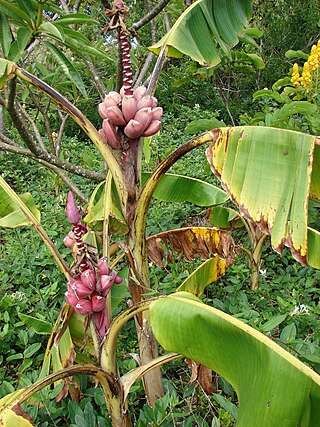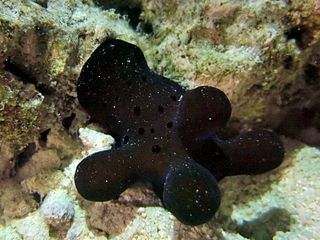Related Research Articles

Quercus velutina, the black oak, is a species of oak in the red oak group, native and widespread in eastern and central North America. It is sometimes called the eastern black oak.

Hornets are the largest of the eusocial wasps, and are similar in appearance to their close relatives yellowjackets. Some species can reach up to 5.5 cm (2.2 in) in length. They are distinguished from other vespine wasps by the relatively large top margin of the head. Worldwide, 22 species of Vespa are recognized. Most species only occur in the tropics of Asia, though the European hornet is widely distributed throughout Europe, Russia, North America, and north-eastern Asia. Wasps native to North America in the genus Dolichovespula are commonly referred to as hornets, but all of them are actually yellowjackets.

Fraxinus velutina, the velvet ash, Arizona ash or Modesto ash, is a species of Fraxinus native to southwestern North America, in the United States from southern California east to Texas, and in Mexico from northern Baja California east to Coahuila and Nuevo León.

Musa velutina, the hairy banana or pink banana, is a diploid species of wild banana. These plants are originally from Assam and the eastern Himalayas.

Velutinidae is a family of small sea snails, marine gastropod molluscs in the clade Littorinimorpha.

The Asian hornet, also known as the yellow-legged hornet or Asian predatory wasp, is a species of hornet indigenous to Southeast Asia. It is of concern as an invasive species in some other countries.

Erythrina velutina is a species of leguminous tree. It is indigenous to Brazil, Peru, Ecuador, Colombia, Venezuela, and Hispaniola and has been introduced to much of the Caribbean, Uganda, and Sri Lanka. It also occurs on the Galápagos Islands, but whether it is indigenous or introduced there is unclear. In Brazil, it occurs on plains and near rivers in the arid parts of the northeast of the country and is commonly known as "mulungu". Erythrina velutina grows as a large tree to around 10 m (30 ft) high and has short spines on the stem. It is perennial.

Velutina velutina, common name the velvet shell, is a species of small sea snail with a transparent shell, a marine gastropod mollusk in the family Velutinidae.

Velutina is a genus of small sea snails, marine gastropod mollusks in the family Velutinidae.

Hemilophini is a tribe of longhorn beetles of the subfamily Lamiinae.
Fredlanea is a genus of longhorn beetles of the subfamily Lamiinae, containing the following species:
Fredlanea colombiana is a species of beetle in the family Cerambycidae. It was described by Lane in 1966. It is known from Colombia.
Fredlanea cymatilis is a species of beetle in the family Cerambycidae. It was described by Lane in 1966. It is known from Ecuador and Colombia.
Fredlanea flavipennis is a species of beetle in the family Cerambycidae. It was described by Lane in 1966. It is known from Ecuador and Peru.
Fredlanea calliste is a species of beetle in the family Cerambycidae. It was described by Henry Walter Bates in 1881. It is known from Bolivia and Peru.
Fredlanea hiekei is a species of beetle in the family Cerambycidae. It was described by Ernst Fuchs in 1970, originally under the genus Adesmus. It is known from Ecuador and Colombia.
Fredlanea aequatoria is a species of beetle in the family Cerambycidae. It was described by Bates in 1881. It is known from Ecuador.
Fredlanea maculata is a species of beetle in the family Cerambycidae. It was described by Martins and Galileo in 1996. It is known from Ecuador.
Fredlanea putiapitanga is a species of beetle in the family Cerambycidae. It was described by Galileo and Martins in 1999. It is known from Colombia.
Fredlanea vilhena is a species of beetle in the family Cerambycidae. It was described by Martins and Galileo in 1997. It is known from Brazil.
References
- ↑ BioLib.cz - Fredlanea velutina. Retrieved on 8 September 2014.